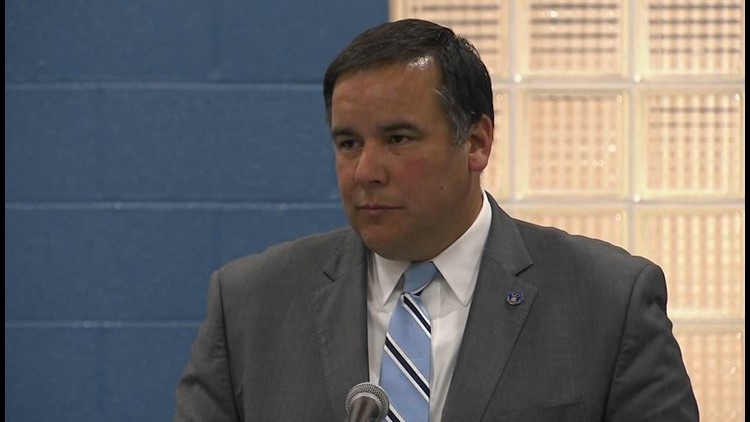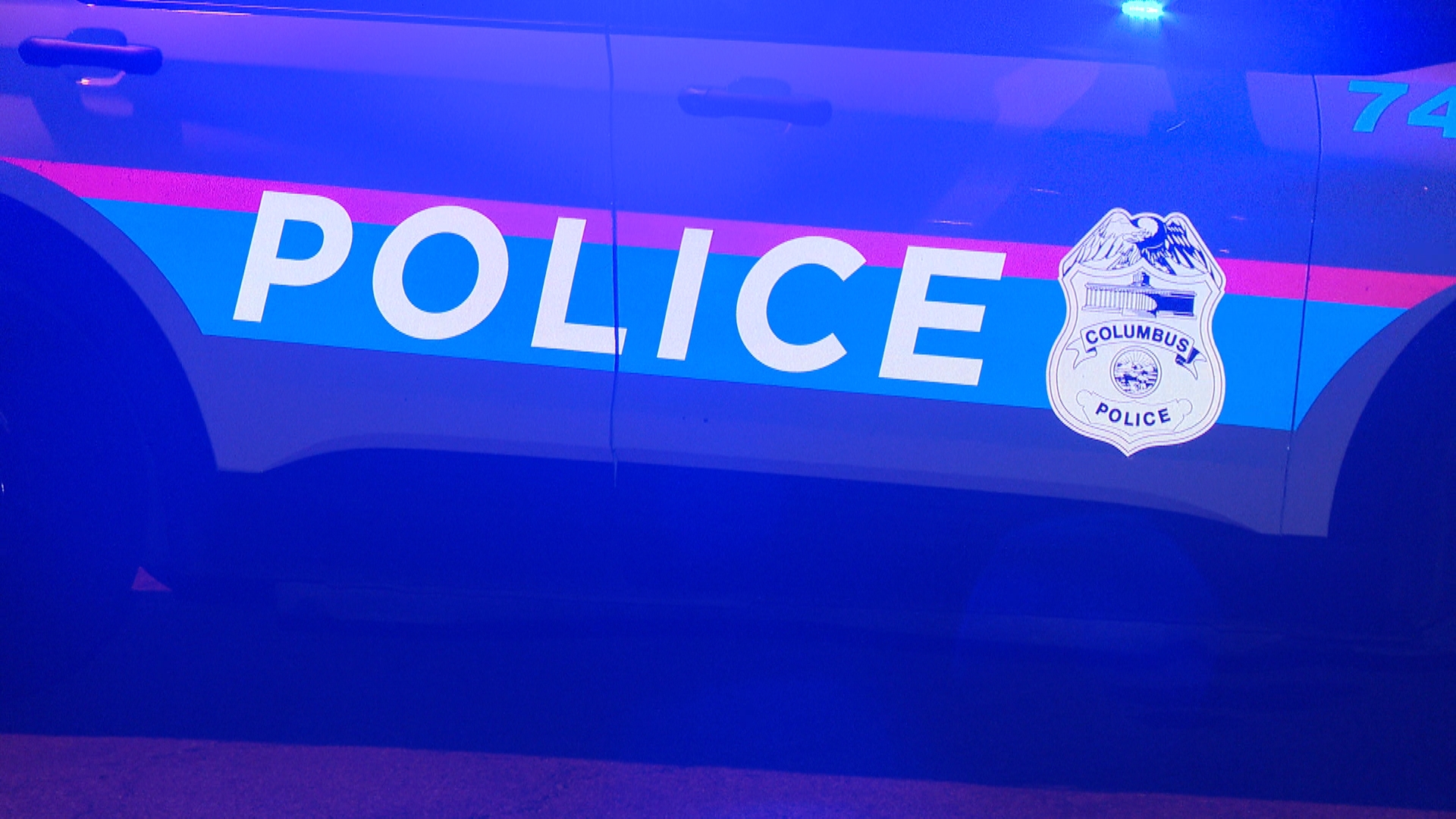COLUMBUS -- Mayor Andrew Ginther and members of his administration announced the first steps in a comprehensive strategy for reducing violent crime and improving community-police relations.
“Public Safety is the top priority for Columbus families – it’s my number one priority, too," Ginther said. "We dedicate two-thirds, or $577 million of the operating budget to police and fire
“Despite these investments for new police classes, crisis and de-escalation training, and technology such as body-worn cameras, we have seen a significant increase in homicides this year. ..."
According to Ginther, the impact of violence has a disproportionate impact on minority communities. In Columbus, more than 70 percent of the homicide victims this year have been African-American men between the ages of 18 and 40, and more than 80 percent were victims of gun violence.
At the same time, approximately half of the homicides remain unsolved, with nearly as many with no known motive or suspect.
“The stark reality is many in our community say their faith is shaken, leading to strained relationships between the community and the police. It is our collective responsibility to renew our community’s faith,” Ginther said.
Over the past month, Ginther hosted small community meetings to hear challenges and solutions from residents across Columbus. There are the steps the administration has put forward:
- Safe Streets: Last summer, the Columbus Division of Police launched a pilot program in Linden that used bike patrol officers to engage residents and build relationships in an effort to prevent violent crime and gather information that would help hold those responsible for violent crimes accountable. The results were overwhelmingly positive. There was a reduction in the number of assaults and aggravated assaults and 55 percent decrease in reported gun violence. In addition, the police made more than 2,000 resident contacts and more than 100 crime tips.
- Crisis Intervention Training (CIT): Increased training courses for CIT training to 300 Columbus police officers in the coming year with a goal of having 50 percent of all police officers trained by 2020. Mandated CIT training for all Columbus police cadets.
- Engage the community in the selection of police officers, increasing the diversity of our safety forces: In 2017, the City of Columbus added community evaluators to the committees that screen potential police officers and firefighters to help the Columbus Division of Police and the Columbus Division of Fire reflect the diversity of the city. In addition, the Office of Diversity and Inclusion, along with the Division of Police, applied for a Department of Justice grant to expand diversity recruitment and foster better community-police relations.
- Added new Diversity and Inclusion Liaison Officer for the New American/Muslim community: This officer will proactively strengthen relationships between the New American/Muslim community and CPD.
- Break the cycle of violence through intense intervention efforts: A program called Safe Neighborhoods is a focused deterrence program launched by City of Columbus and the Franklin County Court of Common Pleas. Participants receive intensive counseling, including from crime victims, their families, clergy, medical professionals, police, judges and prosecutors. Participants are offered social services and workforce development as an alternative to re-offending.
- Prevent crime through job training and youth employment: A Job Readiness Program launched by Recreation and Parks provided 30 young people with employment, job training and mentorship. In partnership with the Franklin County Juvenile Court, the program will expand to provide a second chance and path to employment for youth with minor infractions.
- Address crime as a public health crisis: The CARE Coalition, launched in 2017, is a multifaceted neighborhood response unit led by Columbus Public Health that provides Community, Action, Resilience and Empowerment by addressing the mental and behavioral trauma of violent crime in the neighborhoods. Columbus Public Health also has funding to track gun violence, identify environmental factors that contribute to gun violence and assess neighborhood impacts.



